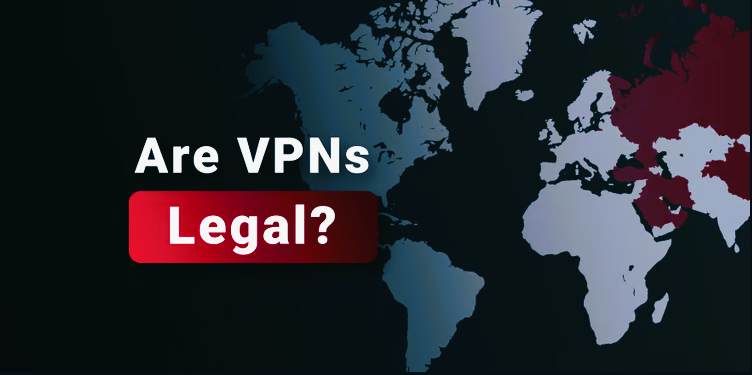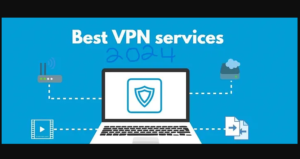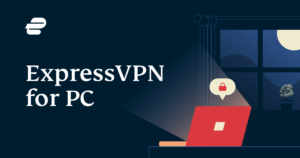As the use of Virtual Private Networks (VPNs) continues to surge, fueled by concerns about online privacy, security, and unrestricted access to digital content, many individuals wonder about the legality of employing these tools. While VPNs offer a myriad of benefits, understanding their legal standing is crucial for users looking to safeguard their online activities. In this article, we explore the legality of VPNs, examining the global landscape and shedding light on the permissible and restricted uses of these privacy tools.
Table of Contents
The Legal Status of VPNs Worldwide:
Across the global landscape, the general consensus tilts in favor of the lawful utilization of VPNs for legitimate purposes. These virtual private networks were originally conceived to fortify online security and shield digital privacy, becoming widely adopted by users seeking these protective measures. The prevailing acceptance of VPNs stems from their inherent functionality in safeguarding sensitive data and ensuring confidentiality without violating established legal statutes.
However, the legal framework surrounding VPNs isn’t uniformly consistent worldwide. Jurisdictions maintain varying perspectives and regulations regarding their usage, leading to a nuanced legal landscape. Certain countries may impose restrictions or have specific laws governing the use of VPNs, impacting their legality and acceptable applications within those boundaries.
Consequently, individuals employing VPNs should remain cognizant of the diverse legal stances in different regions. Being informed about local statutes pertaining to VPN usage becomes imperative to avoid unintentional breaches of the law and to ensure that VPN use complies with relevant regulations in each specific jurisdiction. Understanding these legal nuances allows users to navigate the realm of VPNs responsibly and lawfully in accordance with regional laws and guidelines.
Permissible Uses of VPNs:
- Enhancing Privacy: Using a VPN to protect one’s online privacy by encrypting internet traffic is generally considered a lawful and accepted practice.
- Accessing Geo-Restricted Content: Many users turn to VPNs to bypass geo-restrictions and access content that may be limited to specific regions. While this practice is common, it’s crucial to respect the terms of service of the content provider.
- Securing Public Wi-Fi Connections: Utilizing a VPN to secure connections on public Wi-Fi networks is widely accepted as a responsible and legal measure to protect against potential cyber threats.
- Remote Work and Business Use: VPNs play a crucial role in facilitating secure remote access to corporate networks. Businesses often encourage or require the use of VPNs to ensure the confidentiality of sensitive data.
Potential Legal Issues:
- Illegal Activities: If a VPN is employed for illegal activities, such as hacking, cybercrime, or copyright infringement, the user may face legal consequences. It’s important to note that the VPN itself is not inherently illegal; rather, it’s the activities conducted through it that may breach the law.
- Government Restrictions: Some countries impose restrictions on VPN usage as part of broader internet censorship measures. In such cases, the legality of VPNs may be limited or subject to specific conditions.
Choosing a Legitimate VPN Service:
To ensure compliance with local laws and regulations, users should select reputable and transparent VPN services. Established providers, such as ExpressVPN, NordVPN, and CyberGhost, adhere to strict privacy policies and operate within legal frameworks.
In the overwhelming majority of scenarios, the utilization of VPNs for legitimate intentions is not only permissible but also widely embraced. These powerful tools, crafted to enhance online security and privacy, are extensively employed by users seeking to safeguard their digital footprints. Yet, it’s imperative for users to remain vigilant about the distinct legal frameworks governing VPN usage in their specific geographic areas.
While VPNs serve as invaluable assets in fortifying privacy and security online, adhering to local regulations is crucial. The legality of VPN usage can fluctuate based on regional laws, potentially impacting their acceptable utilization. Therefore, individuals should be diligent in understanding and complying with the laws and terms of service established by their chosen VPN providers.




